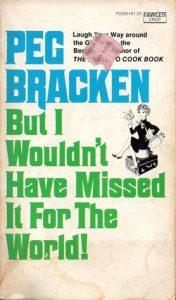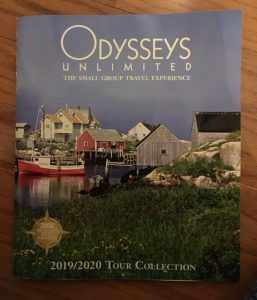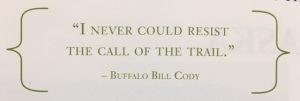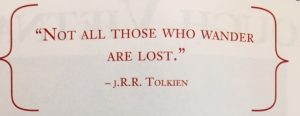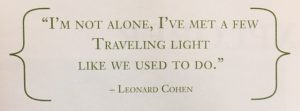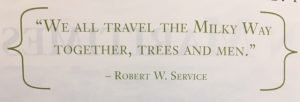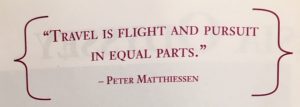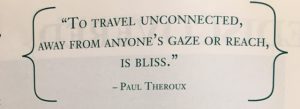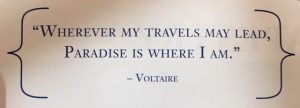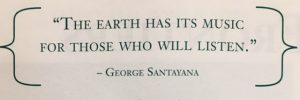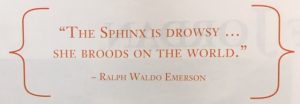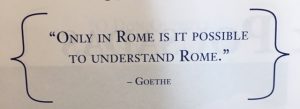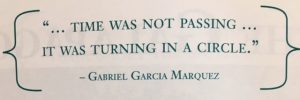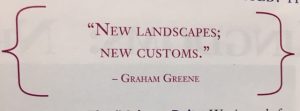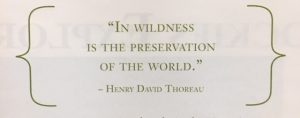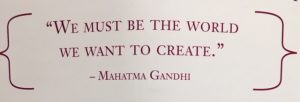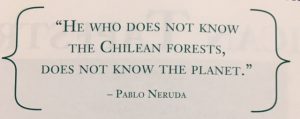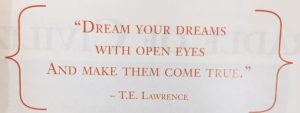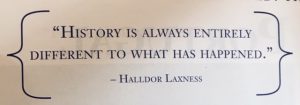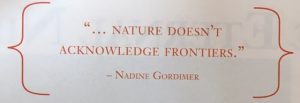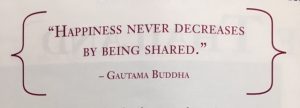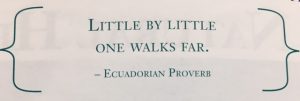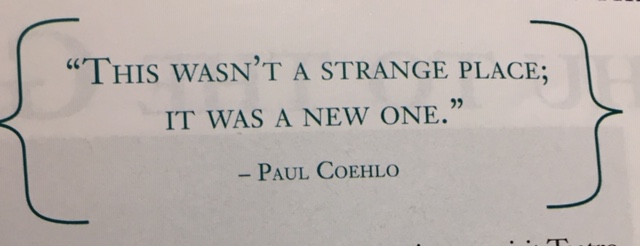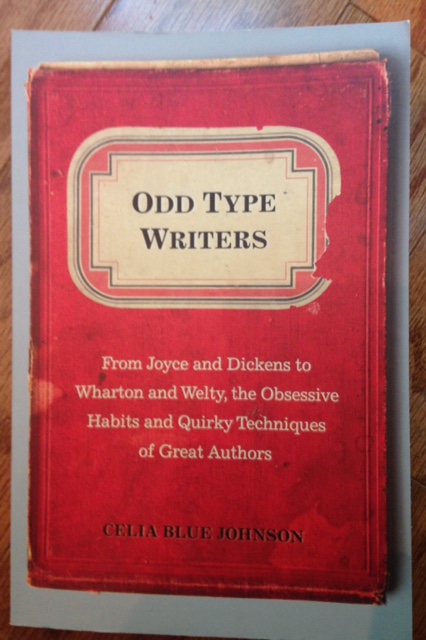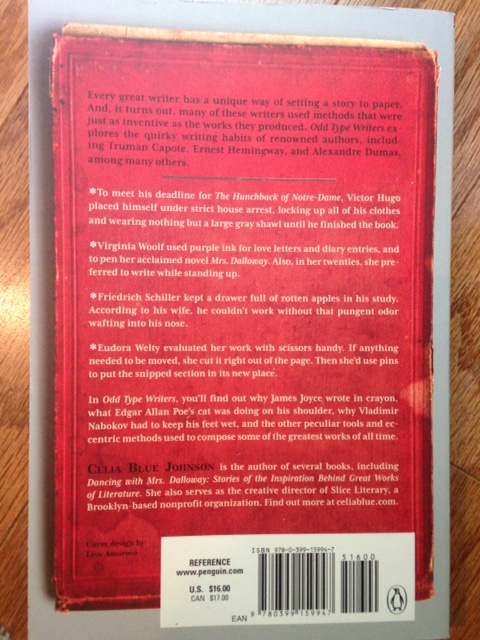I recently read that two things will make or break a writing career. The first was passion that (among other things) wakes you in the night to jot down ideas, steals time to write, learns the craft, bounces back from rejection and criticism, and spurs investment (money implied).
The second was a strong submission strategy. By this, they meant, “…a streamlined, organized, efficient, highly functional, easy-to-execute…” strategy. Submitting should feel joyful rather than burdensome, and put the right work in front of the right eyes.
All of the above strike me as good, desirable things. And probably they are necessary for a brilliant writing career. But not all writers expect—or actually aspire to—a writing career in that sense. Surely everyone who published writing sometimes fantasizes about writing a best seller, but that is seldom a realistic goal. Perhaps writing is so inherently gratifying that it’s a necessary part of a satisfying life.
Which brings me to important elements of a satisfying writing life. The first is enjoyment. Taking pleasure in crafting artful descriptions and effective dialogue is key. Then there is the gratification that comes from a job well-done. Every once in a while, I read something I wrote years ago and think, “Damn! That’s pretty good.” Then I smile, and return to writing with renewed energy.
The second in my list is writing that suits your purpose. Of course, that means you must figure out why you write. I started writing as therapy for my post-profession depression. As a former academic, I found that cooking and gardening just didn’t engage me intellectually. I did—and still do—enjoy both activities. But I need to keep my brain engaged. So, I enrolled in adult education writing classes and began learning the craft. (I’d never had a composition class, having tested out of freshman comp in college.) Today, one of the greatest joys of my writing life is doing the research to get the story line right, whether that involves the effects of ketamine on humans or the price of gasoline during the Great Depression.

Writing as a source of self-esteem doesn’t require being a Steven King or a J.K. Rowling. Praise from fellow writers in classes and critique groups, and from readers, is great for my ego. And every time I have a short story or essay accepted for publication, even with no monetary reward, I feel like someone pasted a gold star of my forehead!
Perhaps one of the most common reasons to write, especially memoir, is to leave a legacy for family. This can be a way of letting them know who you are and how you came to be you, and/or leaving a record of their roots and the relatives who have gone before.
Many writers have more than one reason to write. In my opinion, why people write is less important than that it contributes to a gratifying life. Be clear in your own mind and heart about why you write, and then choose the path and activities that will achieve your goal.
